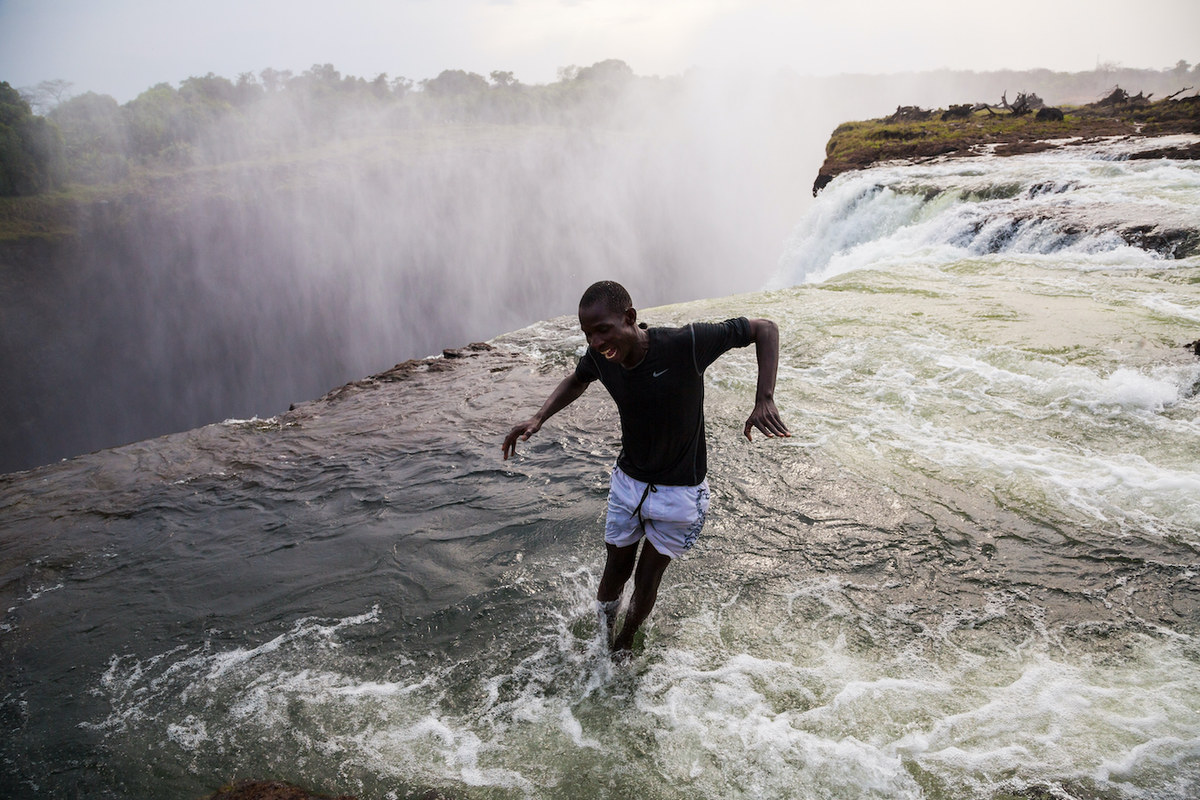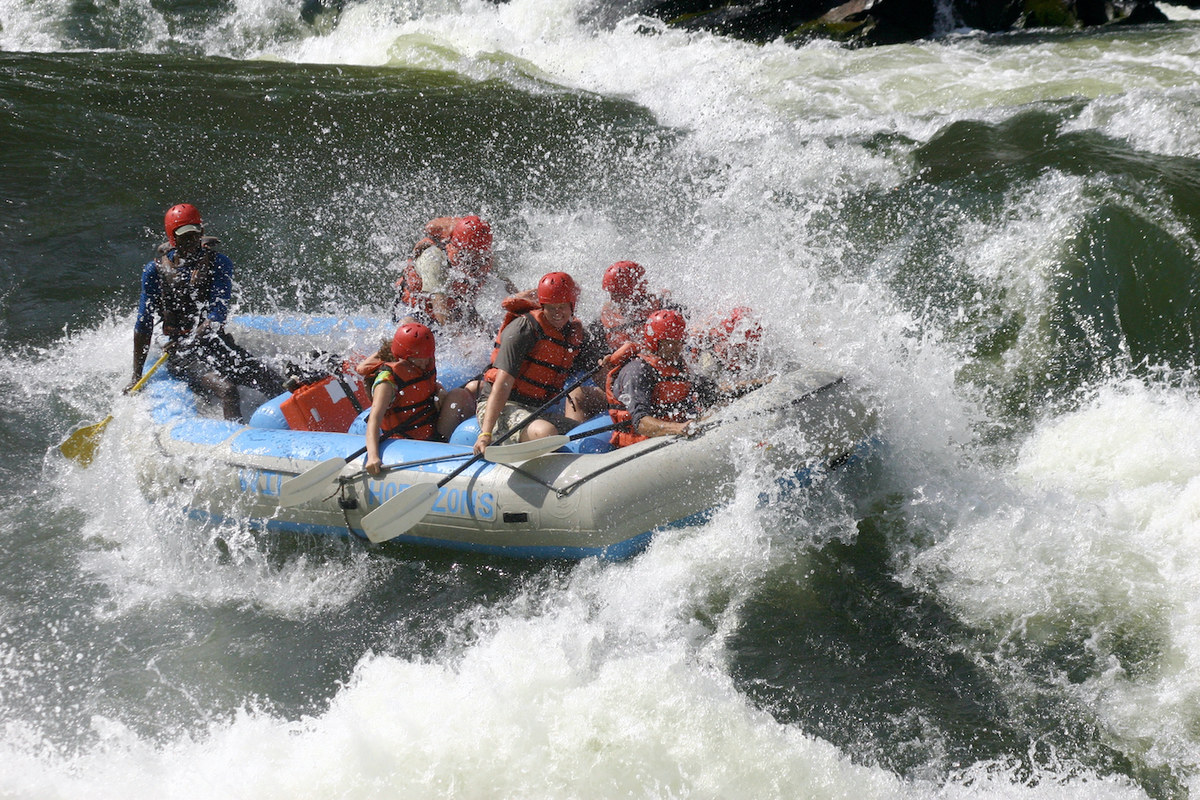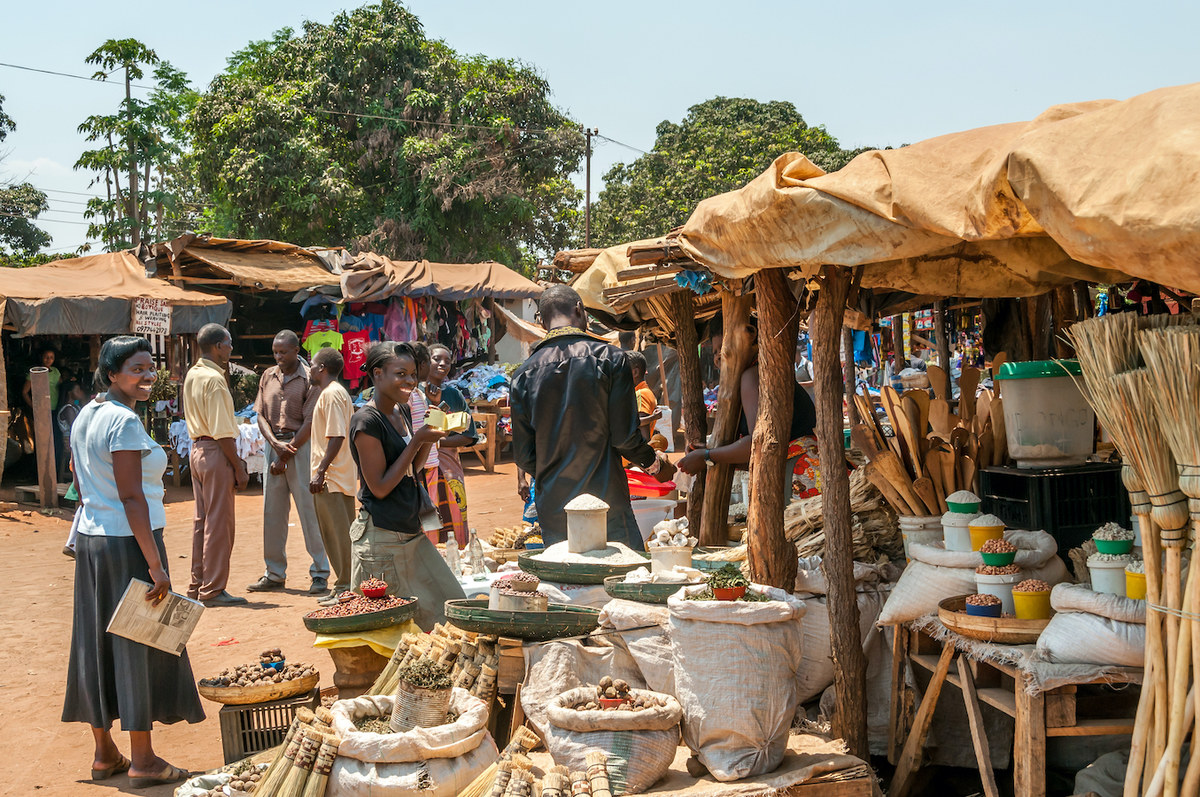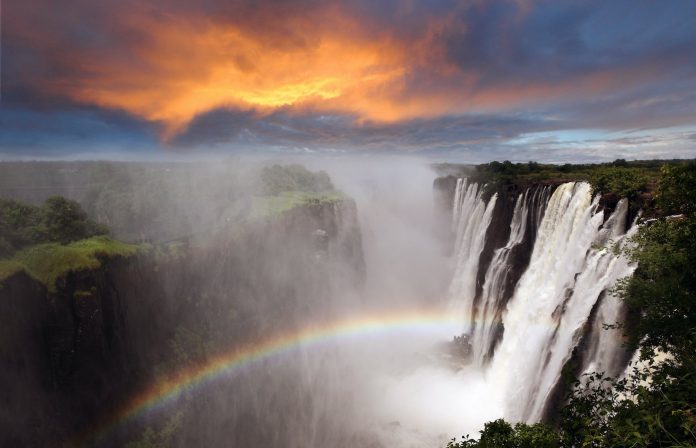ANANTARA: For many travellers, a visit to Victoria Falls is nothing more than a pit stop on a wider tour of Africa — warranting a day trip and nothing more. That is a mistake.
Locals call this raging expanse of water “Mosi-oa-Tunya,” or “The Smoke That Thunders.” Cascading over the edge of 1.7 kilometers of craggy gorge and plunging 100 meters to the rocks below, the waterfall gives off such a huge volume of mist that the plumes are visible for miles in every direction.
While it is neither the world’s highest waterfall (Angel Falls in Denmark) nor its widest (Khone Phapheng Falls in Laos), Victoria Falls’ UNESCO World Heritage Site listing states that it is “the world’s largest sheet of falling water” — landing it on the list of the Seven Wonders of the Natural World; a gaping crevasse in the earth through which the mighty Zambezi flows, separating Zambia and Zimbabwe.

Popping in merely for a few photos in front of a small section of waterfall to tick it off your list is doing this site a disservice. From above, from below, from inside, Victoria Falls demands to be explored from all perspectives.
On the Zambian side, you’ll find arguably the best accommodation in the area, the Royal Livingstone Anantara, a five-star property set on the banks of the Zambezi within a few hundred meters of the top of the falls. From the hotel’s riverside deck, you can sip coffee while taking in the swirling mist barely a stone’s throw away.
Set yourself up there for three days, two if you’re pressed for time, and book yourself in for some activities. Local tour operator Livingstone’s Adventure can help with that.

First on your list should undoubtedly be a microlight flight — a dizzying ride onboard what is basically a child’s pushchair strapped into a hang gliding canopy. It may look flimsy, but soaring above the gushing falls with the air whipping you in the face as you look down upon the craggy gorge snaking through the valley below, the Zambezi visible for dozens of kilometers in both directions, is an exhilarating experience. You’ll spot hippos soaking themselves in the river, elephants congregating in Zimbabwe’s Zambezi National Park and, of course, the falls’ famed rainbow.
With the “above” part done, you should explore the Zambezi from below. This means white-water rafting. Due to the rock formations found throughout the gorge, the rapids here are not only hair-raising, but ever-changing — in dry season the river is lower and the rapids more placid, while as the river fills up in wet season, the rapids grow a few grade levels. It’s part of the reason this is widely considered one of the world’s best rivers for rafting in. And while you may flip your raft on the first rapid — speaking from experience — don’t be discouraged. There’ll be a lot of that over the next three hours fighting against swirling whirlpools and menacing torrents, but with the water being a balmy 30 degrees, you’ll probably end up throwing yourself overboard at various intervals on purpose.

With your hard-earned reputation as a certified thrill seeker established, it’s time to bungee jump from the Victoria Falls Bridge or check out the Devil’s Pool, which you can wade out to. This is the world’s finest ‘infinity pool’ — located at the edge of Victoria Falls. It’s an exclusive experience, offered only by Tongabezi Safaris — which also operates a beautiful lodge and island chalets 20 kilometers up the Zambezi.
However, if your allotment of adrenalin has been used up for the week, there’s still both sides of the falls — Zambia’s and Zimbabwe’s — to take in with your feet firmly planted on the ground. This is where the Zimbabwean side excels, offering views of 75 percent of the falls compared to Zambia’s 25 percent.
To wind down in your final few hours, don’t miss a trip into Livingstone — Zambia’s tourism capital and a charming town full of good food and souvenirs to take home. In the Mukuni Market you’ll find wood carvings and woven baskets made by local artisans. It’s an authentic way to stock up on cheap items to remind yourself of the time you rode an upside-down raft down the pumping Zambezi, or flew in a pram with wings.

